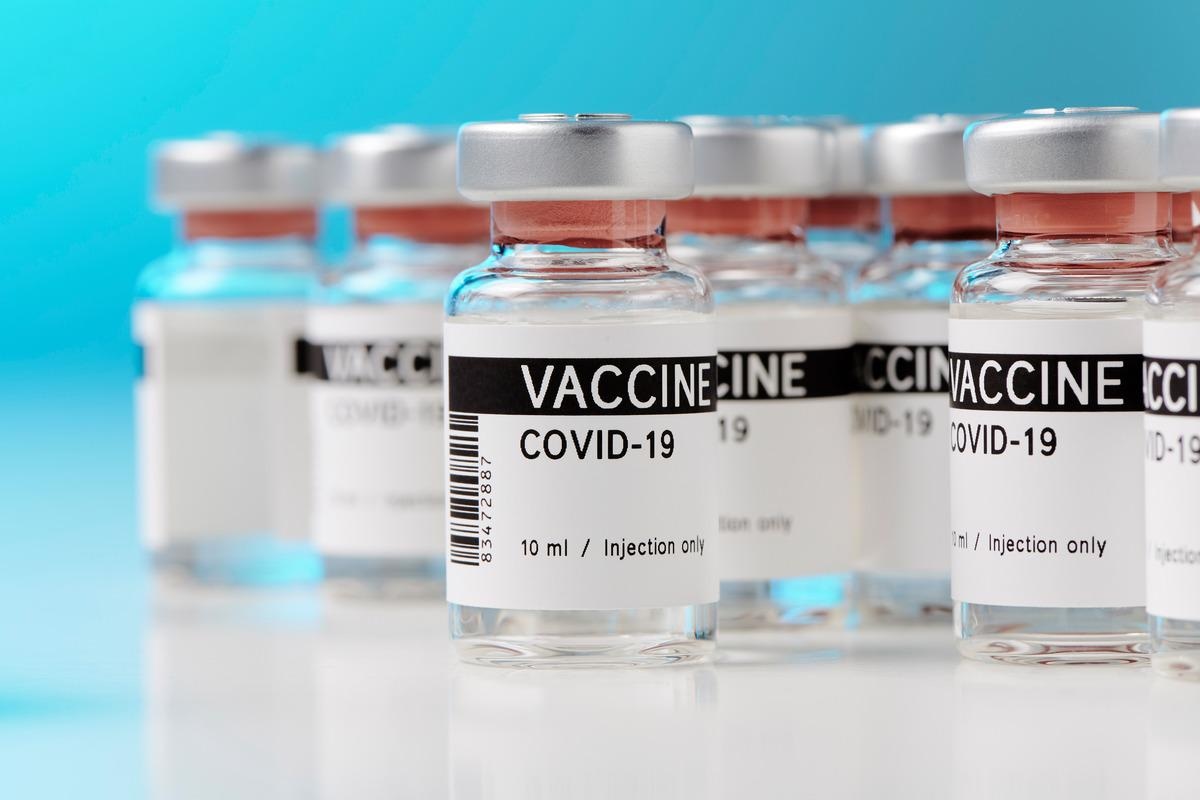A recent study posted to the medRxiv* preprint server assessed the effectiveness of severe acute respiratory syndrome coronavirus 2 (SARS-CoV-2) vaccines against the hospitalization of infected patients.
 Study: Effectiveness of COVID-19 vaccines against Omicron and Delta hospitalisation: test negative case-control study. Image Credit: M-Foto/Shutterstock
Study: Effectiveness of COVID-19 vaccines against Omicron and Delta hospitalisation: test negative case-control study. Image Credit: M-Foto/Shutterstock

 This news article was a review of a preliminary scientific report that had not undergone peer-review at the time of publication. Since its initial publication, the scientific report has now been peer reviewed and accepted for publication in a Scientific Journal. Links to the preliminary and peer-reviewed reports are available in the Sources section at the bottom of this article. View Sources
This news article was a review of a preliminary scientific report that had not undergone peer-review at the time of publication. Since its initial publication, the scientific report has now been peer reviewed and accepted for publication in a Scientific Journal. Links to the preliminary and peer-reviewed reports are available in the Sources section at the bottom of this article. View Sources
Background
Various studies have reported on the efficient protection provided by coronavirus disease 2019 (COVID-19) vaccines against the severity of SARS-CoV-2 infections. However, several reports suggest reduced vaccine effectiveness against the hospitalization of SARS-CoV-2 Delta-infected patients even post booster dose. Therefore, extensive research is needed to understand the duration of vaccine protection against severe disease.
About the study
In the present study, researchers evaluated the effectiveness of COVID-19 vaccines in reducing hospitalization of patients testing polymerase chain reaction (PCR)-positive for SARS-CoV-2 Omicron and Delta variants.
The team utilized a test-negative case-control study design to calculate vaccine effectiveness in patients aged 18 years and above against COVID-19 hospitalization after testing PCR-positive for SARS-CoV-2. Data were collected from hospital and public health laboratories (Pillar 1) and community testing (Pillar 2) in England. Whole-genome sequencing, genotyping, and SARS-CoV-2 spike-gene target status were used to classify the obtained positive samples into Delta-infected and Omicron-infected groups. The study period for Delta infections was between 26 April 2021 and 3 January 2022, and for Omicron infections was between 22 November 2022 and 2 February 2022.
The testing data was linked to vaccination-related information and the demographic characteristics of the patients. The team also identified booster doses administered after 13 September 2021, or at least 84 days post the second dose.
Data related to emergency care admissions were identified from the emergency care dataset (ECDS), wherein the outcome was either the discharge of the patient to a ward, an intensive care unit (ICU), a coronary care unit or a high dependency unit. Furthermore, the team collected secondary care hospital admission data which were International Classification of Diseases (ICD)-10 coded with an acute respiratory illness (ARI) discharge diagnosis, identified by secondary uses service (SUS) 14 days before and two days after the date of admission.
Results
The study results showed that a total of 409,985 tests were performed during the study period, among which 115,720 were case-patients, and 294,265 were controls. Approximately 44.2% of the cases and 11.7% of the controls were community tested first, and 38,150 cases and 31,552 controls were symptomatic.
The team found that the number of symptomatic ECDS admissions in the pillar 2 tests was significantly lower than that of SUS admissions among populations aged above 65 years. This difference was noticeably lower in the Omicron-infected cohort aged between 18 and 64 years. Also, for patients aged between 18 to 64 years, the proportion of SUS admissions reported to have an intervention during the hospital stay was higher for Delta-infected patients at 20.8% than for Omicron-infected patients at 2.5% and for the control cases at 4.4%.
For patients aged 65 years and above, vaccine effectiveness against COVID-19 related hospitalization using the ECDS data was 86% to 91% which rose to 93% to 95% when respiratory coding was used. Contrastingly, the vaccine effectiveness using the SUS data in the same age group was much lower but was highly identical to that against symptomatic infection, when zero hospital admission days or a non-primary respiratory diagnosis was considered.
When more specific SUS endpoints were evaluated, vaccine effectiveness improved to more than 88% to 93% and was similar to that calculated with the ECDS data. In patients aged 18 to 64 years, the ECDS data reported vaccine effectiveness of 75% to 80%. Notably, a substantial increase in vaccine effectiveness was observed with an increase in the length of hospital stay and with the use of supplemental oxygen.
Conclusion
The study findings showed that high levels of booster vaccine effectiveness were found against COVID-19 hospitalization in individuals infected with the SARS-CoV-2 Omicron variant. The vaccine efficacy was noted particularly among older patients more susceptible to severe COVID-19. However, substantial evidence reported limited waning of vaccine effectiveness three to four months post-administration of a booster dose.

 This news article was a review of a preliminary scientific report that had not undergone peer-review at the time of publication. Since its initial publication, the scientific report has now been peer reviewed and accepted for publication in a Scientific Journal. Links to the preliminary and peer-reviewed reports are available in the Sources section at the bottom of this article. View Sources
This news article was a review of a preliminary scientific report that had not undergone peer-review at the time of publication. Since its initial publication, the scientific report has now been peer reviewed and accepted for publication in a Scientific Journal. Links to the preliminary and peer-reviewed reports are available in the Sources section at the bottom of this article. View Sources